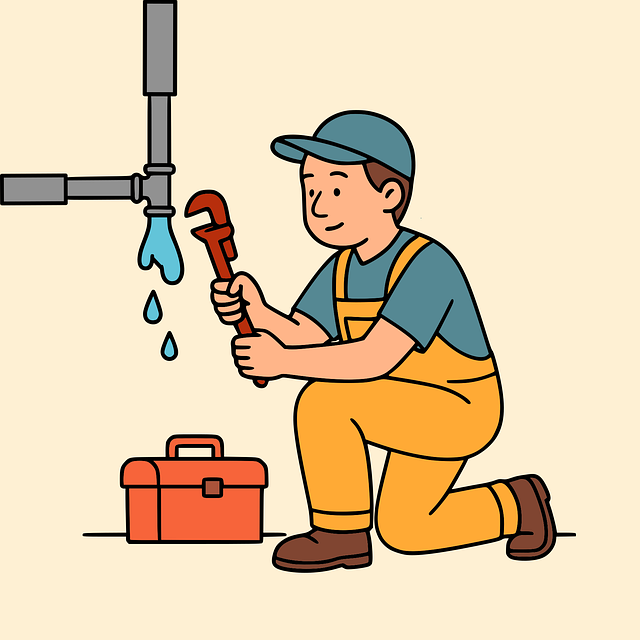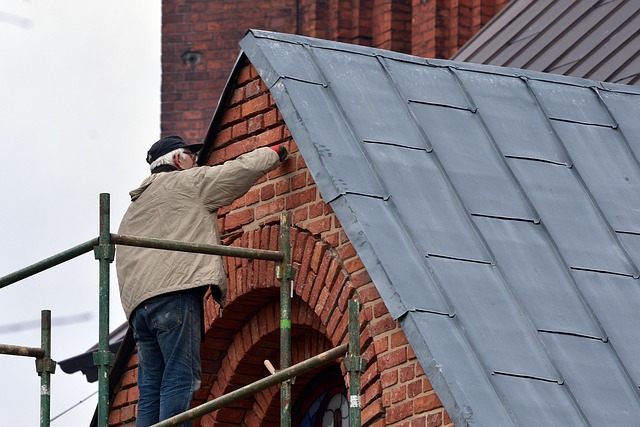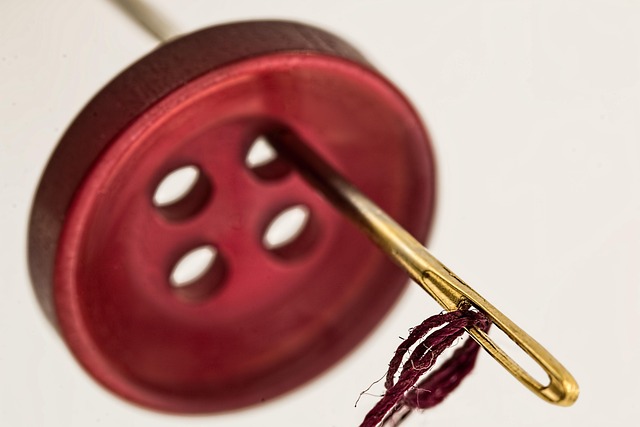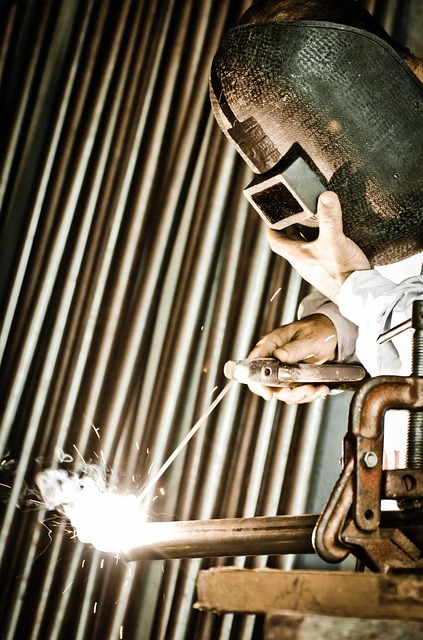Understanding tap types and costs is essential for DIY projects or hiring a tap repair professional. Prices range from $50 to several hundred dollars based on type and complexity of installation. Regular maintenance and addressing persistent issues like dripping or gurgling promptly with a tap repair expert prevents costly plumbing system problems.
Thinking of installing a new tap but unsure about the costs? This guide breaks down everything you need to know about tap repairs and replacements. From understanding different tap types to identifying factors that affect installation expenses, we’ve got you covered. Learn when it’s time to call in a tap repair professional and avoid unnecessary expenses. Discover the average costs and what to expect during the process, ensuring a smooth and budget-friendly experience.
- Understanding Tap Types and Costs
- Factors Influencing Installation Expenses
- When to Call a Tap Repair Professional
Understanding Tap Types and Costs

When considering a new tap installation, understanding the variety of tap types and their associated costs is essential. Taps can range from basic, affordable models to more complex designs that cater to specific needs or enhance aesthetics. For instance, standard kitchen taps start at around $50, while high-end faucets made from brass or stainless steel can cost several hundred dollars. Bathroom taps often have more intricate designs and additional features like temperature control, which contributes to their higher price point.
Knowing the average costs is beneficial when planning a DIY tap repair or considering hiring a tap repair professional. While some basic repairs might be manageable without tools, more complex jobs may require specialized knowledge and equipment. For example, fixing a leaky boiler tap could be as simple as replacing an O-ring, but for older taps, it might involve replacing entire parts or even the tap’s base. Following detailed tap repair instructions available online can help homeowners tackle minor issues themselves, saving costs. However, when repairs exceed one’s skill level, enlisting a professional is advisable to ensure effective and lasting solutions.
Factors Influencing Installation Expenses

When considering the cost of a new tap installation, several factors come into play, often influencing the overall expense. One of the primary considerations is whether the job requires complex plumbing work or if it’s as simple as replacing an existing faucet with a new one. Leaky faucet repair or taps not working properly might necessitate additional steps and expertise from a tap repair professional, impacting the installation costs.
The type of tap you choose also plays a significant role. Different styles and designs come with varying price tags due to their material quality, brand, and intricate mechanics. Local plumbers for tap fixes often charge differently based on these factors, ensuring that customers receive a fair price for their chosen fixture while factoring in the complexity of installation.
When to Call a Tap Repair Professional

If your tap is causing constant headaches with its persistent dripping or gurgling, it might be time to call in a tap repair professional. While minor leaks can often be easily fixed by homeowners using DIY methods, repeatedly leaking taps that won’t stop running can signal deeper issues within the plumbing system. A qualified tap repair expert will not only be able to effectively fix repairing a leaky faucet but also offer valuable insights into potential future problems and provide tailored solutions for your specific situation.
Regular tap maintenance is crucial, and keeping an eye out for even the smallest signs of trouble can help prevent costly repairs down the line. A comprehensive tap maintenance checklist might include checking for loose fittings, inspecting O-rings and washers, and ensuring proper water pressure. By addressing these issues promptly, you can avoid more complex and expensive problems related to taps that won’t stop running.
When considering a new tap installation, understanding the costs and factors involved is key. From various tap types to site-specific conditions, each project has unique requirements. If your issue escalates beyond routine maintenance or involves complex repairs, it’s wise to consult a tap repair professional for accurate assessments and timely solutions. Remember, proper installation ensures not just functionality but also longevity, saving you from costly future repairs.
